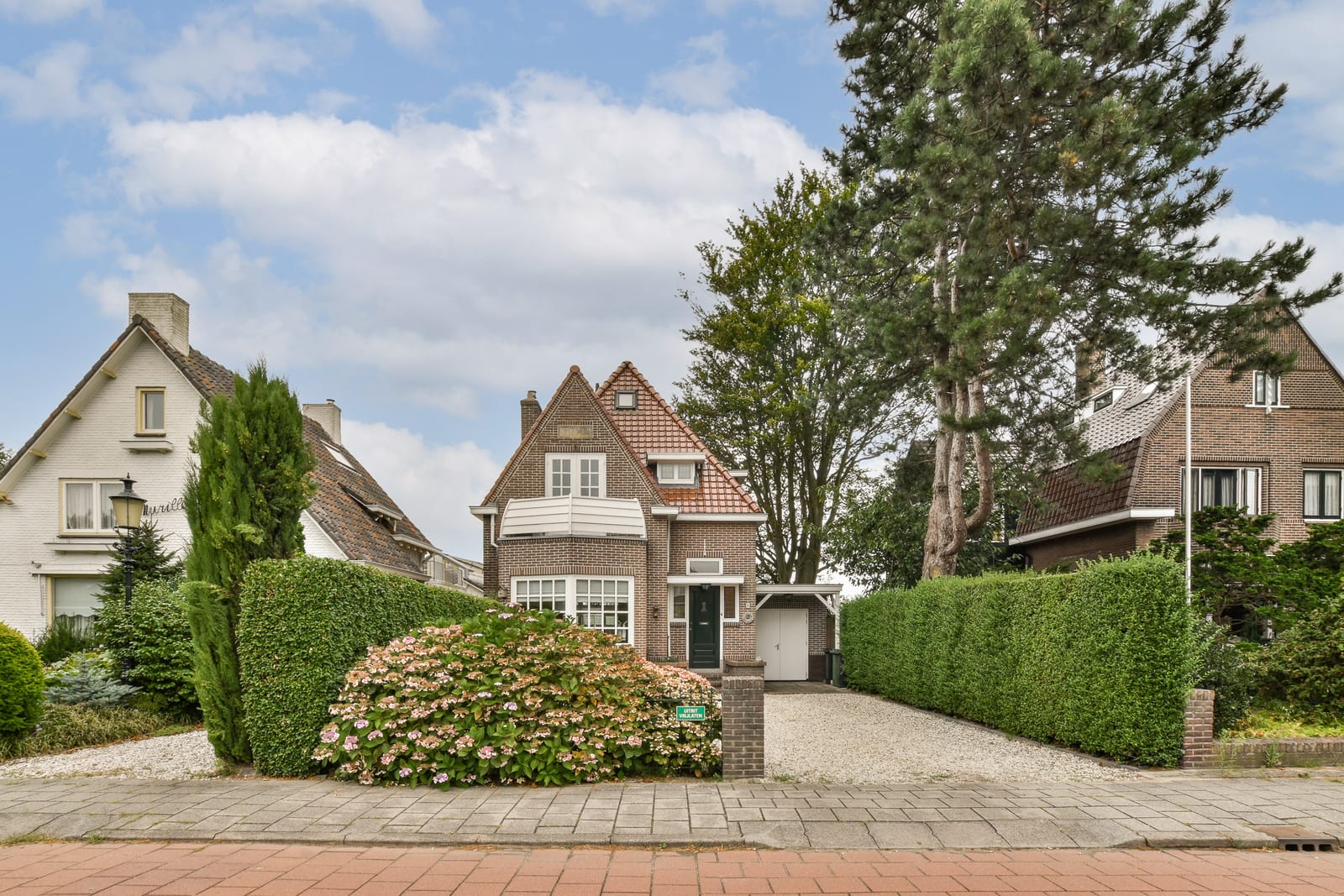
Every homeowner aspires to create a personal haven, meticulously designed to suit their lifestyle, often achieved through considered enhancements to their property. However, this aspiration often encounters the intricate complexities of local zoning regulations that dictate permissible construction in specific areas. These zoning disputes arise because, while these regulations aim to organize communities and safeguard individual property rights, they may unintentionally impede personal property improvements, leading to frustrations among homeowner’s keen on expansion.
What are Zoning Laws?
Zoning laws are legal frameworks established by local governments to control land use and shape community development. Their primary purpose is to segregate different land uses to prevent conflicts that might arise from incompatible activities. For example, separating industrial areas from residential neighborhoods ensures the latter’s tranquility, safety, and property value. Moreover, zoning laws aim to protect the environment by regulating building density, preserving green spaces, and maintaining ecological balance. These regulations also establish basic parameters for building codes, including height restrictions, setback requirements, and floor area ratios, thus influencing how structures are erected and maintained.
The Impact of Zoning on Home Additions
When planning a home addition, understanding zoning regulations is crucial for avoiding legal disputes. Zoning laws dictate how a piece of land can be used, ensuring that residential properties maintain their intended character and value. These laws control elements such as property boundaries, building heights, and land usage. Ignoring these regulations during a renovation project can result in costly mistakes, as non-compliance may lead to penalties or the need to dismantle non-conforming structures. Legal disputes over zoning can also significantly delay your project and increase expenses. Consulting with a real estate lawyer or working closely with your local building department can help ensure compliance with these regulations and protect your property rights. Gaining a building permit is a crucial step, as it affirms that your plans meet the necessary zoning requirements. Homeowners should engage with municipal zoning authorities early in the planning process to identify any potential disputes and address concerns related to zoning issues.
Common Causes of Zoning Disputes
Zoning disputes commonly occur due to misinterpretations or violations of zoning regulations. Many homeowners may inadvertently breach zoning laws by exceeding building heights or encroaching upon property lines, unaware of their property’s specific zoning bylaws. Issues often emerge when homeowners undertake renovation projects without obtaining the necessary building permits or ignoring setback requirements crucial for maintaining compliance with local zoning laws.
Read more about the zoning disputes in Real Estate in our previous blog
How to Handle Encroachment Issues?
Encroachment issues, where one property owner’s structure invades another’s land, can lead to significant legal disputes. These situations often require careful management to resolve them amicably. Initially, it’s crucial to verify property lines accurately; real estate surveys can provide precise property boundaries and clarify if an encroachment has occurred. Understanding the principles embedded within zoning bylaws helps in negotiating an amicable agreement. Open communication with the involved parties is essential, as initial discussions might resolve minor issues before escalating into potential disputes.
If direct negotiations stall, engaging a real estate lawyer from Hoogbruin & Company can provide guidance specific to your zoning issues, offering legal insights on building codes and possible resolutions, such as acquiring easements. Finally, always consider local building department guidance for resolutions that adhere to municipal zoning regulations.
Filing for a Zoning Variance Can Help to Avoid the Disputes
When homeowners find themselves at odds with local zoning requirements, filing for a zoning variance becomes a valuable option. A zoning variance allows property owners to request permission to deviate from specific zoning regulations, such as setback requirements or building heights. To start this process, consult with your local building department to understand the necessary documentation and fees involved in filing a variance. Additionally, ensuring your application’s thoroughness by detailing how your renovation project won’t negatively impact neighboring properties or residential areas can increase its approval chances. In some cases, consulting a real estate lawyer might help strengthen your application. However, keep in mind that gaining a variance is subject to intense scrutiny and often involves public hearings where community members can voice their opinions. Therefore, meticulous preparation is vital to a successful application.
Mediation and Arbitration: Alternative Solution for Dispute Resolution
Mediation and arbitration serve as alternative dispute resolution methods when zoning conflicts arise. These processes offer a less adversarial approach compared to court battles, often saving time and expenses for the involved parties. Mediation involves a neutral third party who facilitates dialogue between property owners to reach a mutually agreeable solution. This can be particularly effective when zoning issues, such as property boundaries or minor building code deviations, are at the heart of the dispute. Arbitration, on the other hand, involves a binding decision by an arbitrator, which can expedite resolving more complex legal disputes tied to municipal zoning or property rights. Both mediation and arbitration emphasize collaborative problem-solving, encouraging compliance with zoning laws while preserving neighborly relationships. Engaging in these processes often results in more flexible and creative solutions tailored to the parties’ needs.
When to Seek for Legal Considerations in Zoning Disputes and Home Additions
Engaging with a real estate lawyer is often a crucial step when navigating zoning disputes and other legal issues related to home additions. Real Estate Lawyers at Hoogbruin are well-versed in zoning bylaws and building codes. We can help you understand setback requirements, building height restrictions, and floor area ratios, ensuring your project meets all municipal zoning laws. Our expert lawyers can also help you obtain the necessary building permit from the building department, which is vital for compliance with zoning laws.
Hoogbruin Real Estate Lawyer in Vancouver for Zoning Disputes
Engaging with our legal professionals not only facilitates smoother communication with municipal authorities but can also provide guidance through the nuances of zoning issues. We are adept at negotiating on your behalf and can identify potential areas of conflict ahead of time, preventing legal disputes before they arise. By working with Hoogbruin & Company, you’ll be better equipped to handle any zoning issues that may occur, safeguarding your home addition.
Email us for your case evaluation and to know more about us read here.

